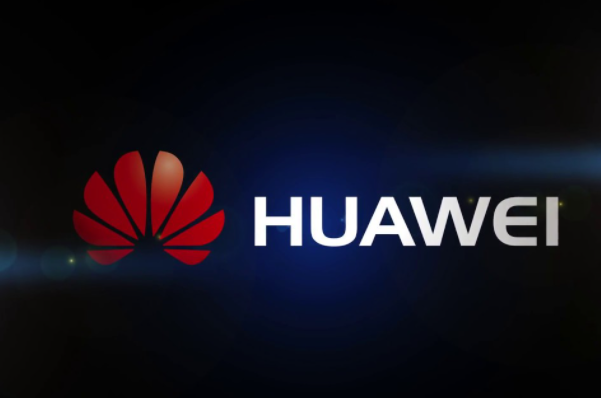Constable involved with Huawei CFO's arrest says he didn’t ask border agents for phone passcodes
A police officer involved in the arrest of Huawei Chief Financial Officer Meng Wanzhou two years ago in relation to her U.S. extradition case testified on Monday he did not plan to obtain passcodes or search her electronic devices.

- Country:
- United States
A police officer involved in the arrest of Huawei Chief Financial Officer Meng Wanzhou two years ago in relation to her U.S. extradition case testified on Monday he did not plan to obtain passcodes or search her electronic devices. Royal Canadian Mounted Police (RCMP) Constable Gurvinder Dhaliwal told British Columbia's Supreme Court that he and his partner were "discreet" about their contact with Canadian border officials on the eve of Meng's arrest on Dec. 1, 2018. He said they discussed collecting devices and putting them in protective bags, but didn’t ask them to get passcodes.
Canadian Border Services Agency (CBSA) superintendent Sowmith Katragadda previously testified he requested Meng’s phone and laptop passcodes and she gave them voluntarily. Meng, 48, is accused of misleading the bank HSBC on Huawei Technologies Co Ltd's business affairs in Iran, allegedly causing the bank to break U.S. sanctions. If Canadian prosecutors are successful in extraditing her, Meng will face trial for wire fraud, bank fraud, and conspiracy to commit these crimes in the Eastern District of New York.
She denies the charges and is fighting them from under house arrest in Vancouver. Her lawyers have argued the arrest is the product of political interference. Huawei lawyers are seeking evidence to support their case that Meng's rights were violated before her arrest. In a document submitted to the court last year, CBSA admitted making an "error" while sharing the passcodes with RCMP.
Meng's lawyers have submitted that border officials invented parts of their witness accounts after the fact to cover up illegal cooperation with RCMP and the U.S. Federal Bureau of Investigation (FBI). They are fighting to get Meng's extradition dismissed on the basis of alleged abuses of process, arguing they constitute violations of her civil rights laid out in Canada's Charter of Rights and Freedoms.
Witnesses for CBSA and the RCMP have denied these allegations in affidavits and under cross examination. Officers with the CBSA testified last week that their questioning of Meng, daughter of Huawei founder Ren Zhengfei, followed standard procedures and was separate from any action by law enforcement.
This week a series of police witnesses will speak to their role in Meng's arrest at the Vancouver International Airport in December 2018. When RCMP Constable Gurvinder Dhaliwal was called to the witness stand late Friday, he said he "didn't have a clue" what Huawei was and had never heard the name Meng Wanzhou before December 2018. Diplomatic relations between Ottawa and Beijing have degraded in the wake of Meng's arrest. China arrested Canadian citizens Michael Spavor and Michael Kovrig on espionage charges days later.
Prime Minister Justin Trudeau has resisted calls to release Meng, and last week he reiterated that Canada "followed its laws" and "lived up to a longstanding extradition treaty with our closest ally." Witness testimony is set to last five days until Friday, with the potential for two to three more days being scheduled in December. Meng's extradition hearing is expected to wrap up in April 2021.
(This story has not been edited by Devdiscourse staff and is auto-generated from a syndicated feed.)
- READ MORE ON:
- Michael Kovrig
- Justin Trudeau
- Meng
- Ren Zhengfei
- Canadian
- British
- Michael Spavor










